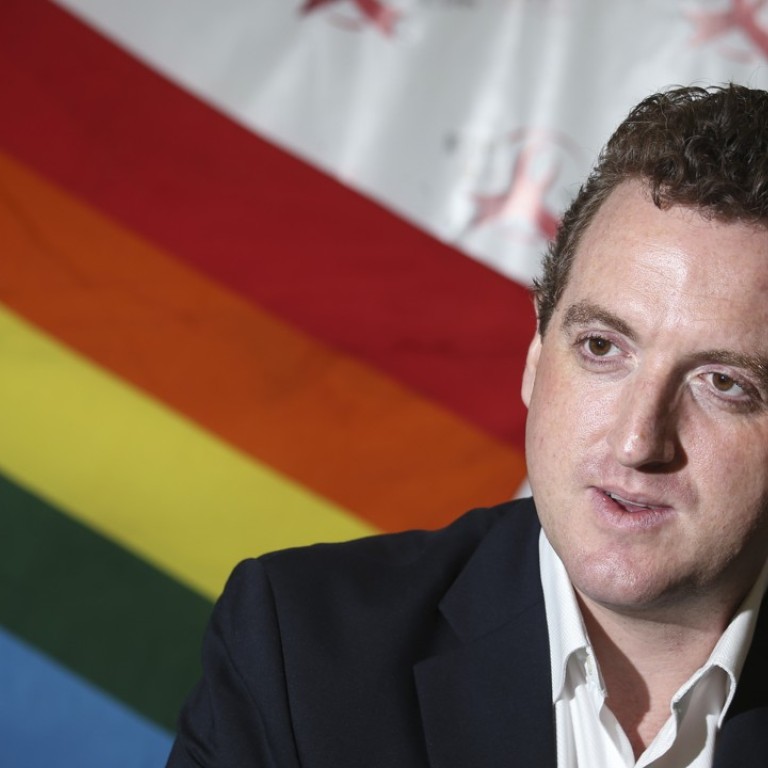
‘It’s not just a gay problem’: head of Aids Concern Hong Kong says growing number of HIV cases a concern for whole of society
Andrew Chidgey talks of challenges ahead for the city amid predictions of a 35 per cent surge in HIV cases by 2021
Andrew Chidgey has been the chief executive of Aids Concern Hong Kong since 2013. Originally from Somerset in England, he was formerly with British charity the Alzheimer’s Society for 11 years as director of external affairs, working with former prime minister David Cameron’s government on new initiatives to increase public awareness of Alzheimer’s disease. Since his move to Hong Kong, he has been endeavouring to tackle the city’s growing problem with HIV and Aids. He spoke to City Weekend about Hong Kong’s cultural taboos, the city’s ban on blood donations from gay men and Hollywood actor Charlie Sheen’s revelation that he is HIV-positive.
A report published in May by the Hong Kong government’s advisory council on Aids suggested we could see a 35 per cent surge in HIV cases by 2021; what should the government and its partners be doing to reverse this trend?
I think the whole community needs to get involved in reducing the number of new HIV infections. We know from countries around the world that it can only work if people within communities understand what HIV is and how to stop it. It cannot just be governments talking to communities, and sometimes it is the people who are at highest risk who will not be listening to the government. It is important we have NGOs and community leaders talking about HIV so that the message gets deep into the community’s understanding, and at the moment that is not happening enough. In particular, a lot of young people are at high risk for HIV and they don’t even know it. I think they could do more to look at new innovations that are being used in different countries, like the use of HIV self-testing, and the use of PREP (pre-exposure prophylaxis) for people who are at risk of contracting HIV.
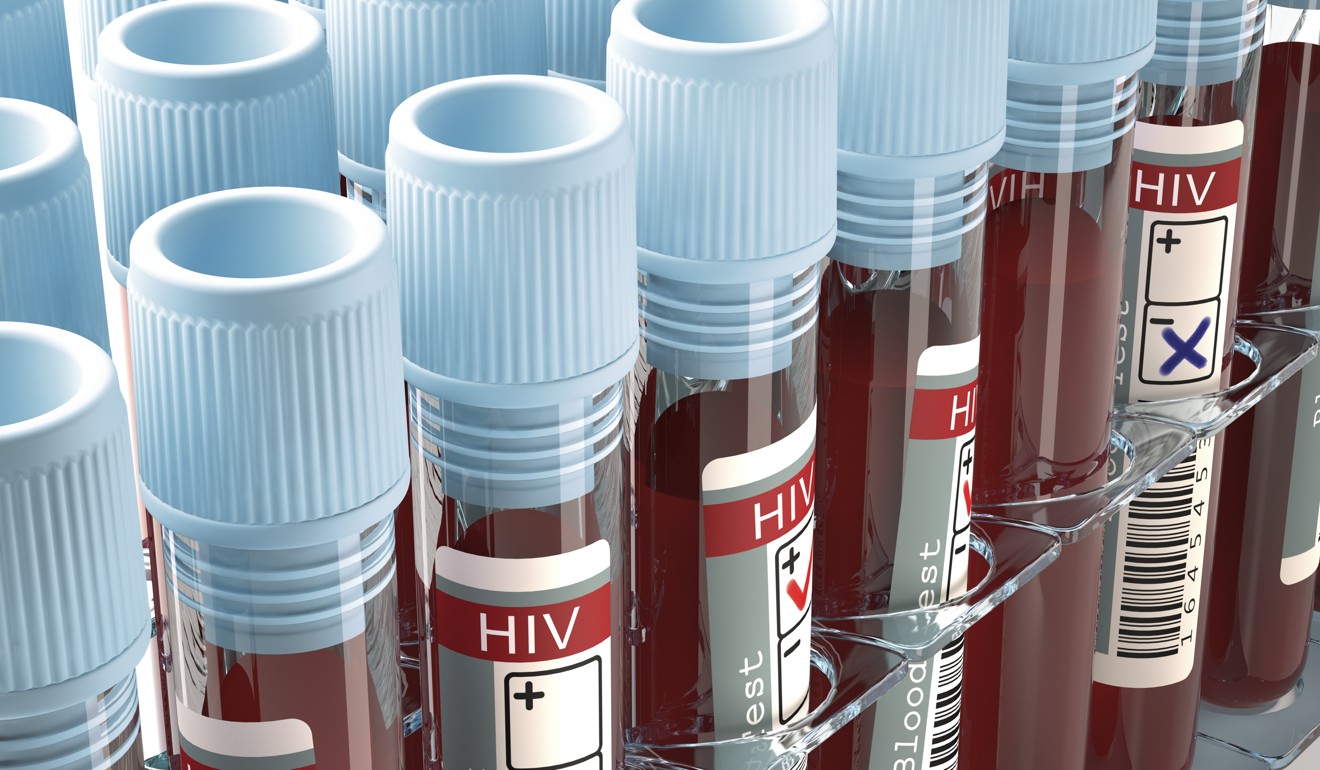
What reaction did you notice after the government’s report was released?
I think we’ve known for some time that the number of HIV infections has been increasing. But, yes, what is particularly surprising is the number of young people who are being infected now, aged 20 to 30 years old. It’s affecting all sorts of people, heterosexuals and homosexuals, men and women, older and young people. Everyone needs to be aware they are at risk, but also it is particularly affecting young gay and bisexual men, where we have a particular epidemic issue. We are saying to all these groups of people; protect yourselves and use condoms if you are having sex, and also make sure you get tested regularly, particularly if you think you are at risk because you have had unsafe sex, for example.
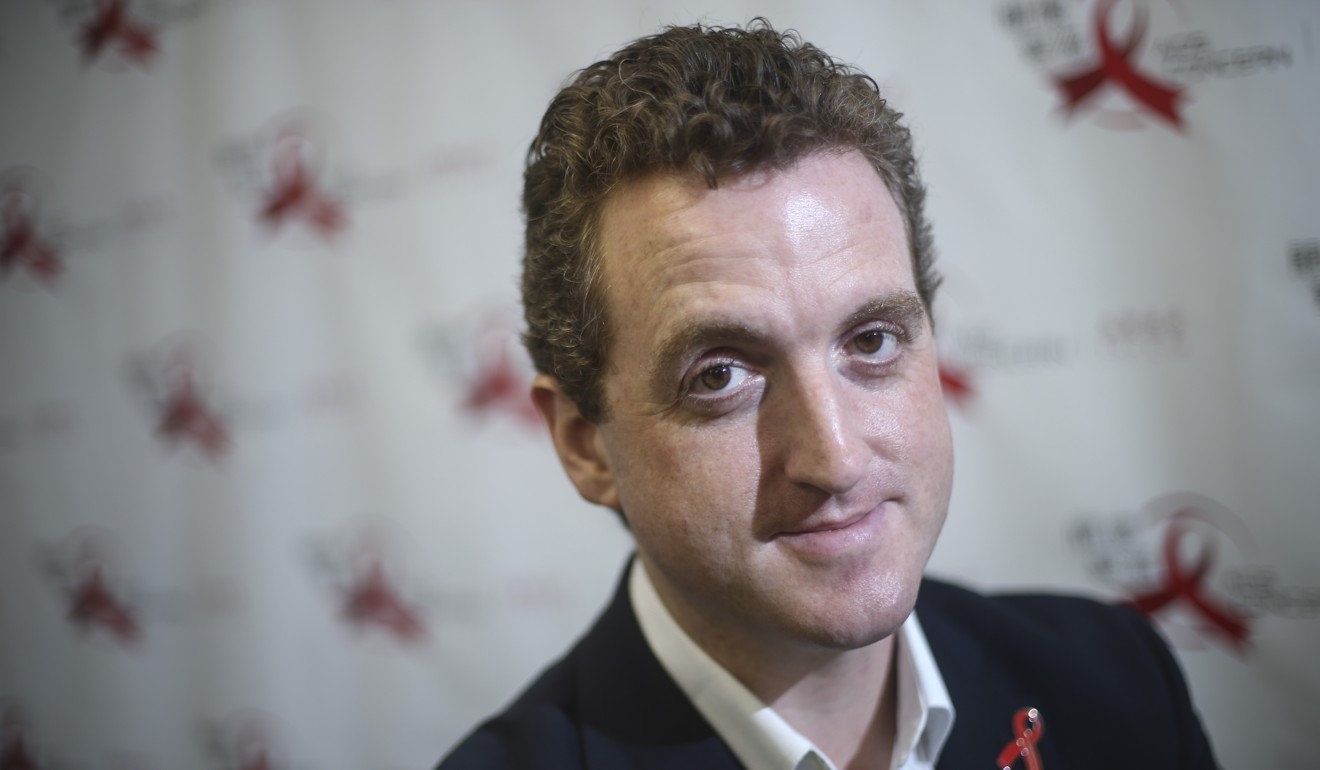
Is unsafe sex the core problem in the rise of HIV/Aids in Hong Kong?
Yes, unsafe sex is the primary route of HIV transmission here. HIV requires the transmission of bodily fluid from one person to another. You cannot get HIV through casual everyday contact with other people. People often say: “Why do young people not seem to be recognising the threat?” I think the reality is that for most young people, HIV is something very distant to them. They don’t know people with HIV and they don’t hear much in the news about it. They know there is treatment for it now, so there is not so much of a fear of it. Nobody wants to get HIV but at the same time people aren’t taking the precautions. We have a lot of people coming into our centre in Jordan to get tested, which is good, but when we ask them about their behaviour, they are taking risks in regards to unsafe sex. It is some of these people who are being diagnosed HIV-positive.
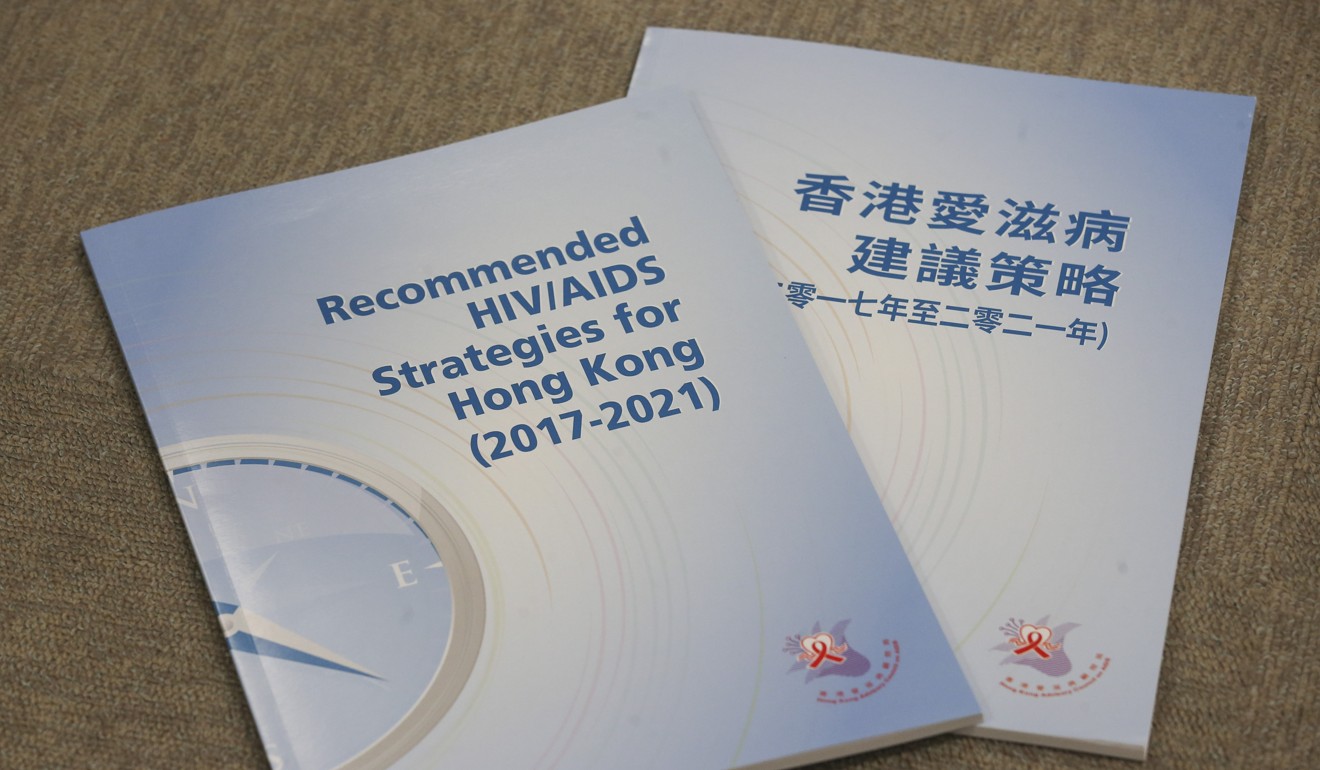
Are cultural barriers in Hong Kong a problem?
I think it’s taboo in most parts of the world to talk about sex, HIV and Aids, and associated issues like homosexuality and drug-taking, but I do think there are certain cultural issues here which make it more difficult. I think some countries have more open discussions about HIV. There are three places in the world where they are starting to see a fall in HIV infections; San Francisco, London and Sydney, and those places have got very similar epidemic profiles to Hong Kong, meaning they have a lot of young people and gay and bisexual men who are infected, but they have got the community to understand the relevance of HIV to them. They are talking about it, doing regular testing and getting people on medications like PREP, and that could be done in Hong Kong. People don’t like to talk about these issues. We estimate there are hundreds of people in Hong Kong who don’t know they are HIV positive. We are diagnosing roughly 800 new people per year with HIV here, so about two people per day.
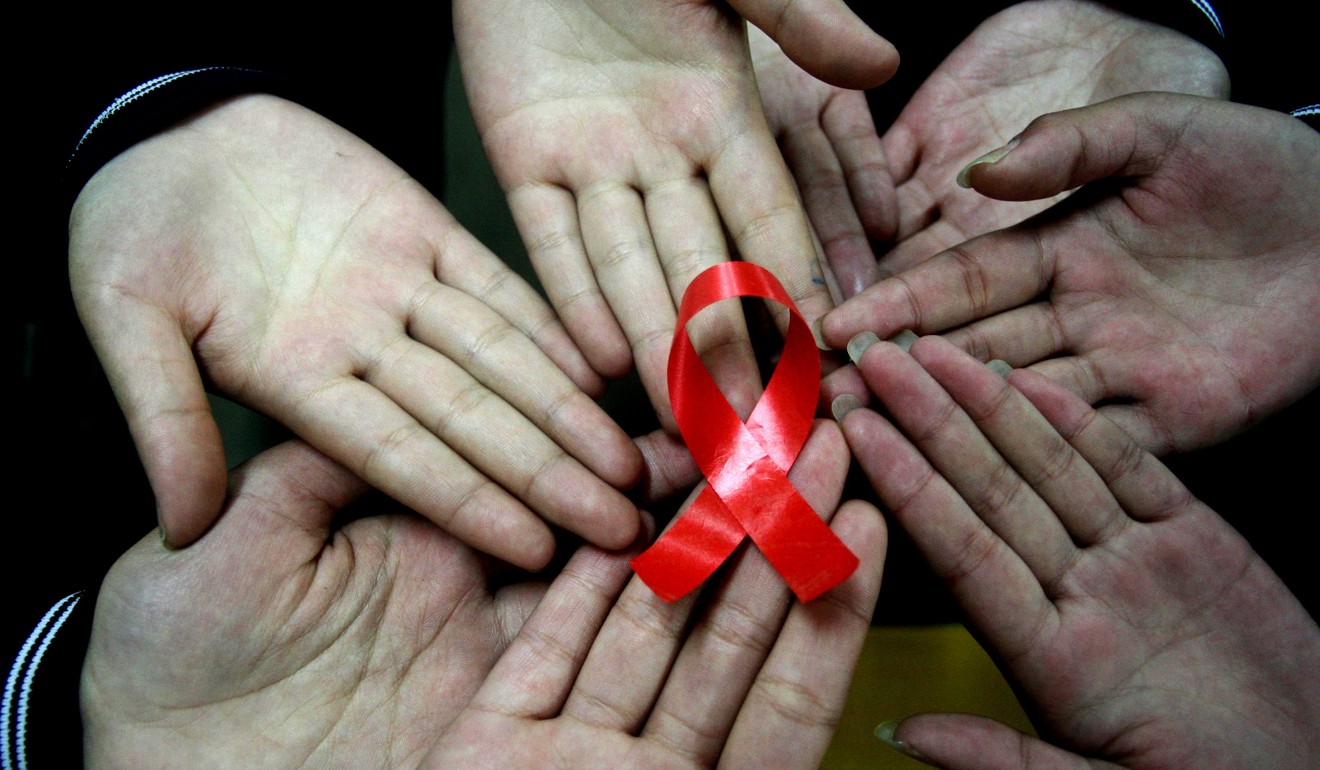
Do you think it’s fair to suggest, as some concern groups have, that more gay men should be persuaded to always use condoms when having sex? If so, why, or if not, why not?
I think all people who are having sex can potentially face sexually transmitted infections. HIV is affecting both heterosexuals and homosexuals in Hong Kong. If you go back 10 years, there were more heterosexuals being infected with HIV than homosexuals in Hong Kong. I think we need to be very careful in thinking it is a gay problem just because we have more gay men being affected now. We need people to understand this is a problem for the whole population. I do think there needs to be particular work done with gay and bisexual men, such as encouraging them to test for HIV regularly; we think they should be testing at minimum once a year for HIV. I wouldn’t say quite the same for heterosexuals. Those who might have multiple sex partners over a year, and those who are not in long-term relationships, need to be particularly aware of their HIV status as well.
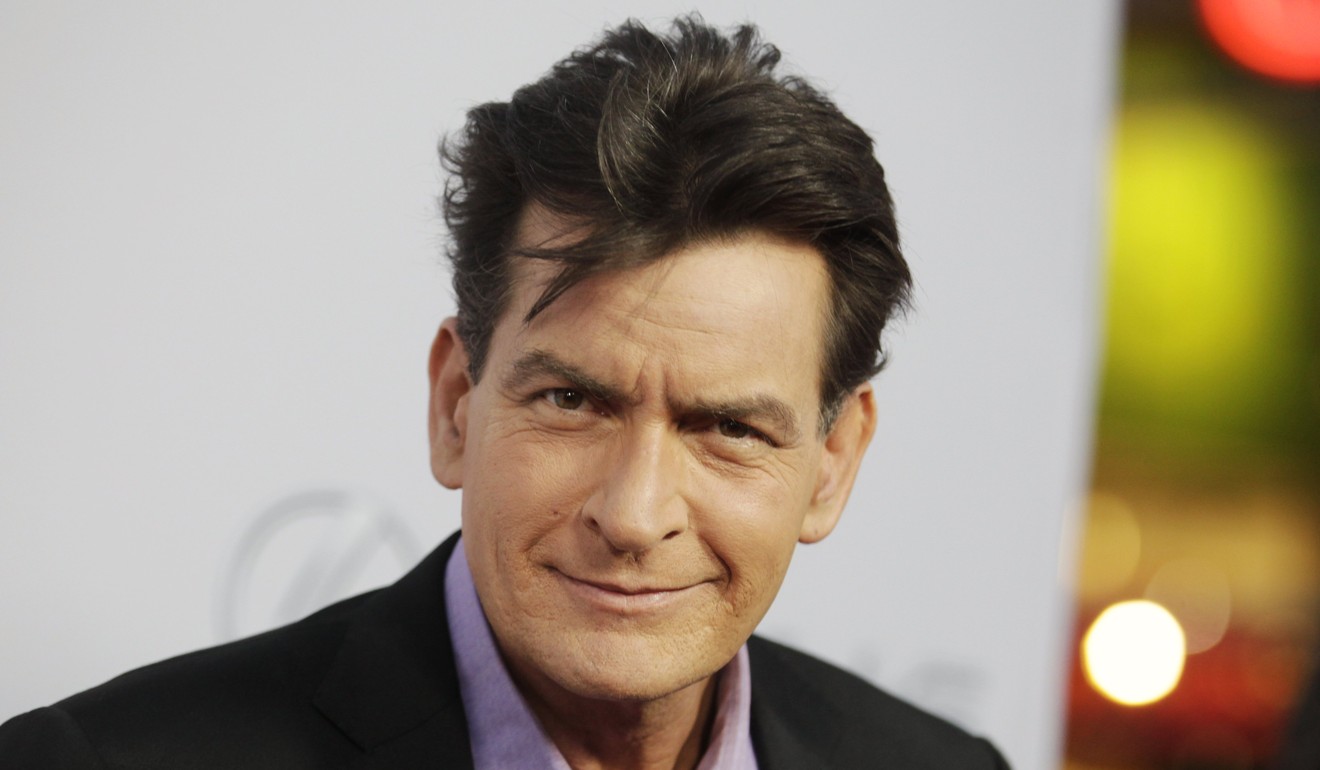
What effect do you think Hollywood actor Charlie Sheen’s revelation in 2015 that he has HIV had on the discussion of HIV and Aids worldwide?
I think it was a very mixed blessing. He revealed it because he was forced to do so because people were going to publish news stories about him. I tend to think somebody’s health status should be their own private matter. Of course, it helps to highlight the fact that high-profile people get HIV, but of course he had been through a troubled time with drugs and lots of relationships, lots of serious issues going on in his life, so he had gotten a bit of a bad reputation for himself, so I think some people said: “Oh, it was not surprising that someone who behaves in this way will get it – that’s what people with HIV are like.” The reality is that most people who we see infected with HIV are not like Charlie Sheen in any way; they are just regular people doing regular jobs, who are unfortunate enough to pick up a sexually transmitted disease. Other people get chlamydia or gonorrhoea or something else, and some people get HIV. It is always helpful to have some attention on HIV but I think the key thing is that people don’t think “it’s other people who are not like me”, meaning it’s just people who are sleeping around and taking drugs. This is just not the truth. I think the positive message is that you can live a long, healthy life now with HIV, but of course it brings health challenges.
What do you think about calls to reverse Hong Kong’s ban on gay men donating blood?
Our view is that a lifetime ban on gay men giving blood is inappropriate. Our first priority is that the blood supply is protected from HIV, and actually Hong Kong has a very good record on preventing infected blood from getting into the supply. But at the same time we know there is a shortage of blood donations, and it is important that people who want to donate blood should be able to do so, to support the health of Hong Kong. We need to look at the evidence carefully; a lot of countries have moved to scrap a lifetime ban and instead say that if a gay man has not had sex with another man for at least 12 months, then he can donate. I think it’s important to recognise that HIV testing, although effective, there are still windows when it’s not possible to tell if someone is infected with HIV. So I think there needs to be restrictions and guidelines, based on evidence. To a degree it makes our work more difficult when there is a lifetime ban, because it reinforces the notion that a gay man’s blood is not safe, which is not true.
Former Hong Kong disc jockey JJ Chan became a face for Aids campaigns here in the 1990s before his death in 1995; would it help your organisation’s efforts if more notable people in Hong Kong were open about their battle with HIV/Aids?
Yes it would. It is not just that there are no public figures; there are actually also zero regular people who are comfortable with being public about it. There is such a lot of stigma and fear for those people. They don’t want to be labelled as that person with HIV. But often the general public are not as stigmatising as we might think. A couple of years ago, we had an event where we got HIV or Aids sufferers to hand out coffee to the general public, and on the cups it said the coffee had been made by someone with HIV/Aids, and the reaction was very positive.
Andrew after-hours
What are your favourite things to do in your spare time in Hong Kong?
I love to cook; I go to cooking classes and I enjoy cooking for my family. When my partner and I go on holiday, I like to learn to cook the local cuisine, like pad thai in Bangkok or char siu in mainland China. I love eating roast goose and dim sum in Hong Kong. I also enjoy travelling around the Asian region; Hong Kong is a great base for short weekends away. I’ve also been learning Cantonese for two years; it’s the most difficult thing I’ve tried to learn and I think it might kill me, but it’s interesting. When I listen I understand quite a bit, but I do find people talk very quickly.
Tell us something interesting about yourself that you have never shared with your colleagues.
I share most things with them but they don’t know my first job was on a perfume counter in a department store in my home town of Taunton in England every Saturday. To begin with I was terrified when people came in, because they were asking loads of questions, but the other staff helped me. So I actually really enjoyed it; it was great fun and good interaction. We got lots of old ladies coming in, and they were asking things like: “What have you got that is like Chanel No 5?” I would think: “There isn’t anything, try something new!”
Which three famous people, alive or dead, would you invite to a fantasy dinner party, and why?
I would like to have dinner with Queen Elizabeth II. She has been involved in so much history, and is so knowledgeable, and I would just like to ask her random questions and see how she responds. I think it would be fascinating and I have a lot of admiration for her. I would also like to talk to Nelson Mandela; it is not just the things he did but the way he did them. The powerful approach of changing things through often peaceful methods; his philosophy on how to bring people together and how to treat people well is incredibly powerful. But I would also invite my good friend Deborah, a nurse who I have huge respect for; I would prefer to have a dinner party with a couple of people I don’t know and someone I do.
If you could do any other job, what would you choose and why?
I would quite like to be a travelling television chef, who interviews people about food and history. I love watching television documentaries like that. I think you learn so much from people talking about food and their culture.

